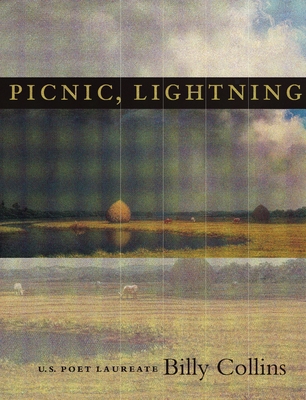 Billy Collins wrote this wonderful Memento Mori for indie bookstores to celebrate poetry month in April. It reminds me of my daughter’s poetry project last year as a junior in high school. Each student was required to get up close and personal with a poet for eight weeks. Jane was dreading it (not unexpectedly for a high schooler) and I was psyched! Running to the CD player I put on Billy Collins Live and queued up The Revenant. She listened with a suspicious look on her face and was about to leave the room with an eye roll when I mentioned, casually, “Do you know he wrote a poem about the Victoria’s Secret catalog?” That got her attention. We immediately went out and bought every one of his books (no library for this bookseller’s daughter), came home and spread them out and I said, “Where should we start?” You won’t be surprised to learn that “we” didn’t start; the only thing worse than homework is homework with your mom I guess. Anyway, she liked Billy and admitted that poetry was “sort of” fun. Victoria’s Secret is in Picnic, Lightning along with another favorite, Fishing on the Susquehanna in July.
Billy Collins wrote this wonderful Memento Mori for indie bookstores to celebrate poetry month in April. It reminds me of my daughter’s poetry project last year as a junior in high school. Each student was required to get up close and personal with a poet for eight weeks. Jane was dreading it (not unexpectedly for a high schooler) and I was psyched! Running to the CD player I put on Billy Collins Live and queued up The Revenant. She listened with a suspicious look on her face and was about to leave the room with an eye roll when I mentioned, casually, “Do you know he wrote a poem about the Victoria’s Secret catalog?” That got her attention. We immediately went out and bought every one of his books (no library for this bookseller’s daughter), came home and spread them out and I said, “Where should we start?” You won’t be surprised to learn that “we” didn’t start; the only thing worse than homework is homework with your mom I guess. Anyway, she liked Billy and admitted that poetry was “sort of” fun. Victoria’s Secret is in Picnic, Lightning along with another favorite, Fishing on the Susquehanna in July.
 Celebrate April and poetry with us at The King’s English; we’ll start Friday, April 1st with four poets from the University of Utah and Rob Carney from Utah Valley University will join us on the 23rd.
Celebrate April and poetry with us at The King’s English; we’ll start Friday, April 1st with four poets from the University of Utah and Rob Carney from Utah Valley University will join us on the 23rd.
Memento Mori
It doesn’t take much to remind me
what a mayfly I am,
what a soap bubble floating over the children’s party.
Standing under the bones of a dinosaur
in a museum does the trick every time
or confronting in a vitrine a rock from the moon.
Even the Church of St. Anne will do,
a structure I just noticed in a magazine–
built in 1722 of sandstone and limestone in the city of Cork.
And the realization that no one
who ever breasted the waters of time
has figured out a way to avoid dying
always pulls me up by the reins and settles me down
by a roadside, grateful for the sweet weeds
and the mouthfuls of colorful wild flowers.
So many reminders of my mortality
here, there, and elsewhere, visible at every hour,
pretty much everything I can think of except you,
sign over the door of this bar in Cocoa Beach
proclaiming that it was established–
though established does not sound right– in 1996.
—Billy Collins



 Posted by Anne | The King's English Bookshop
Posted by Anne | The King's English Bookshop 









